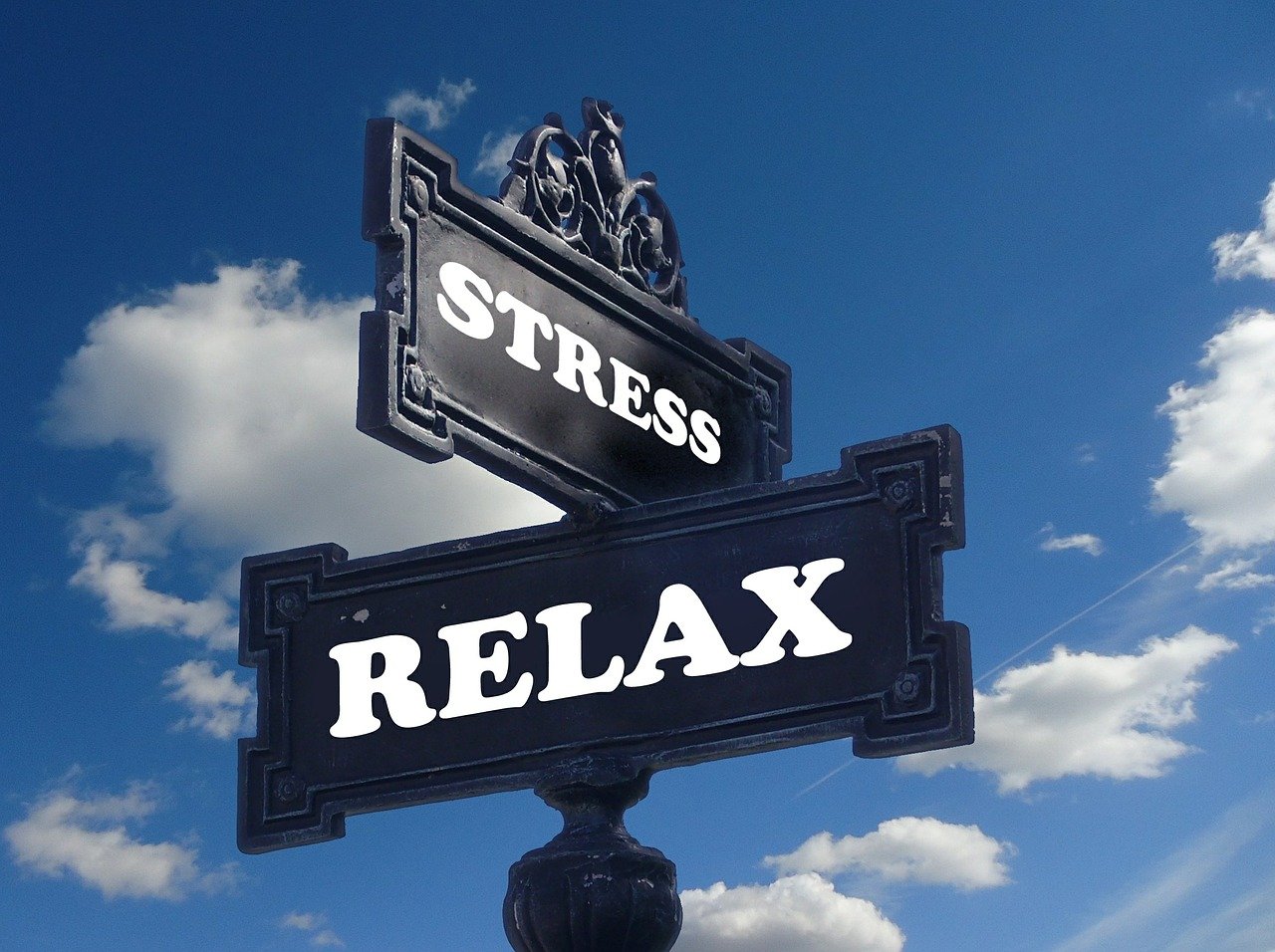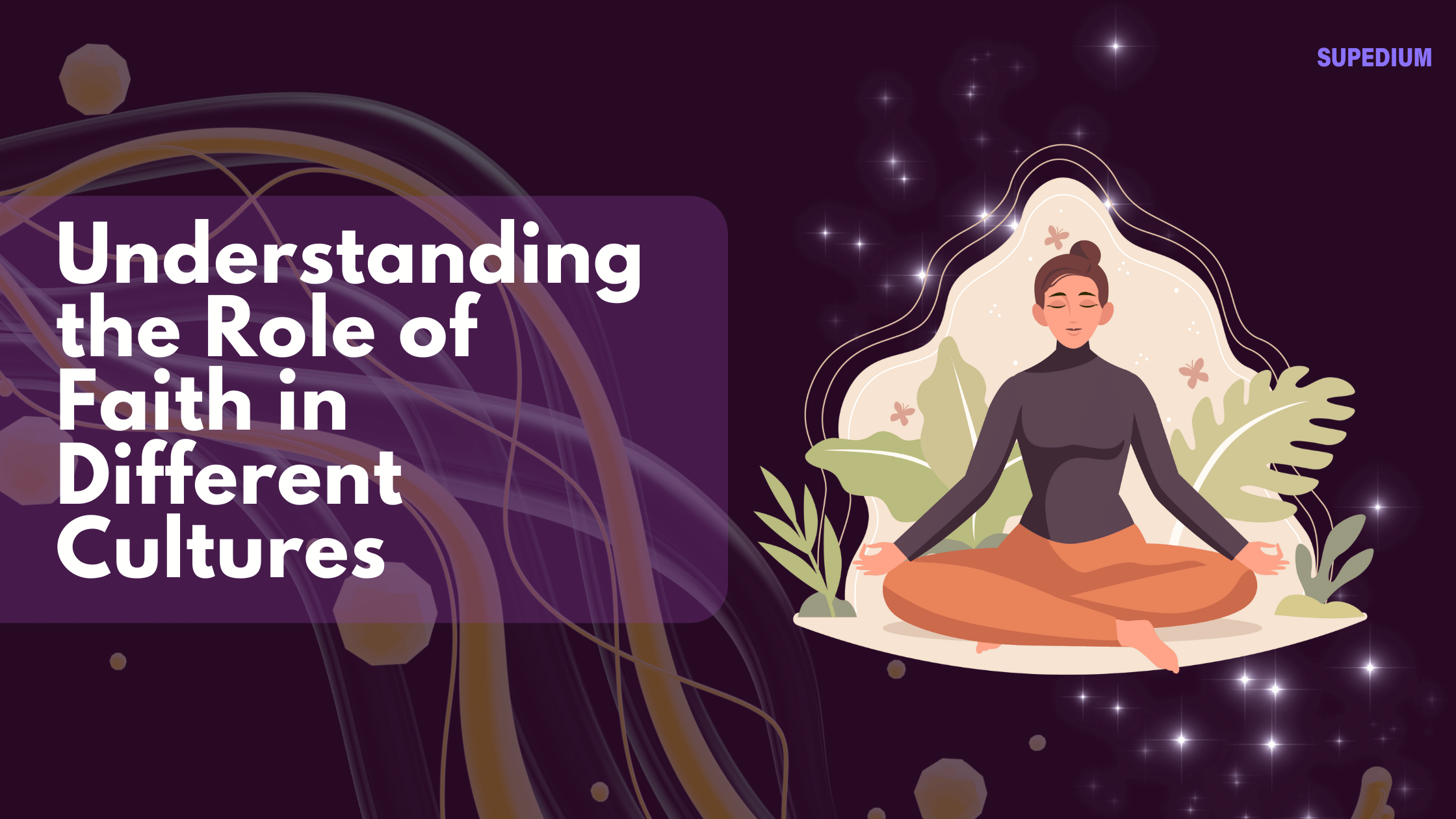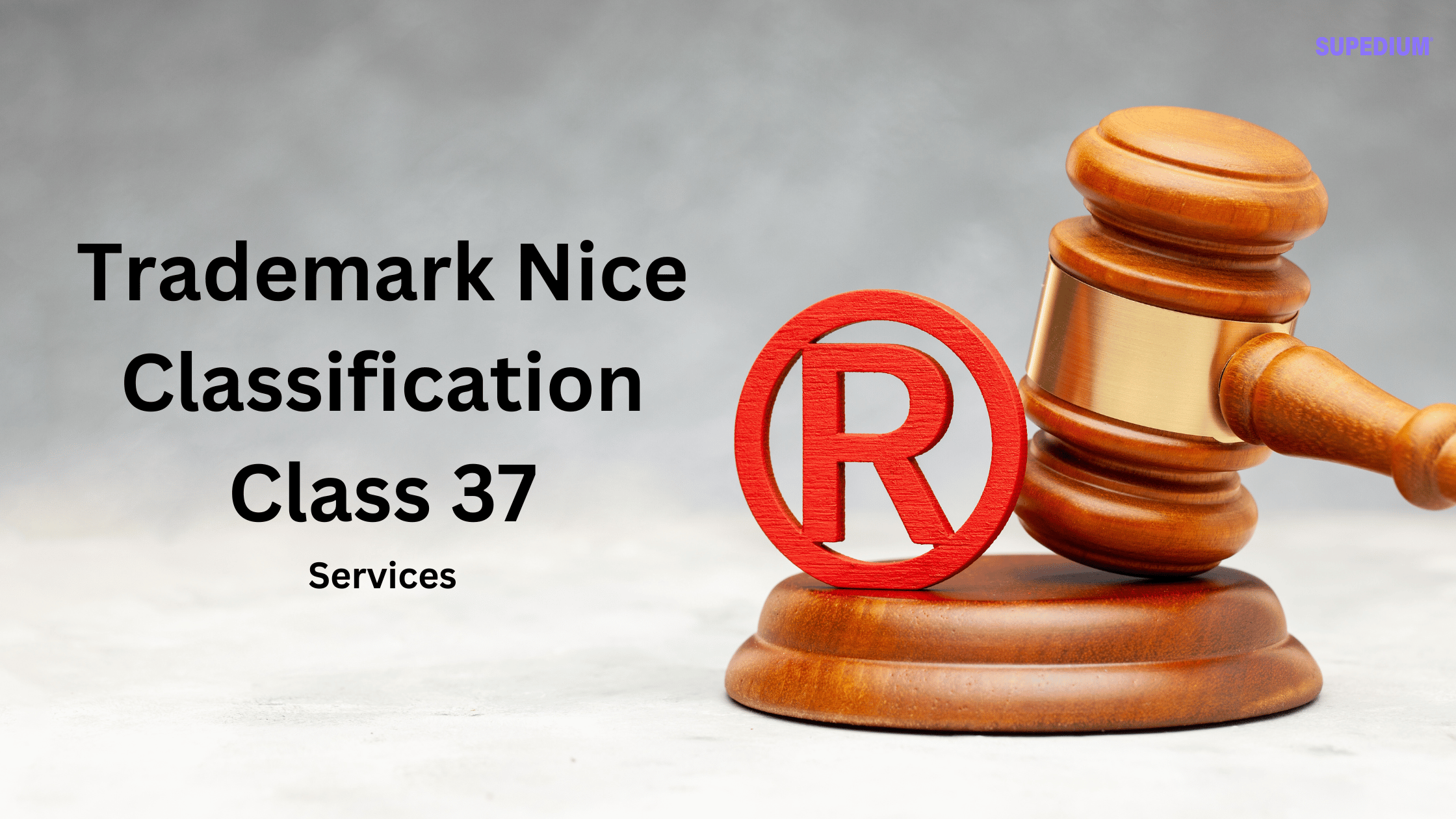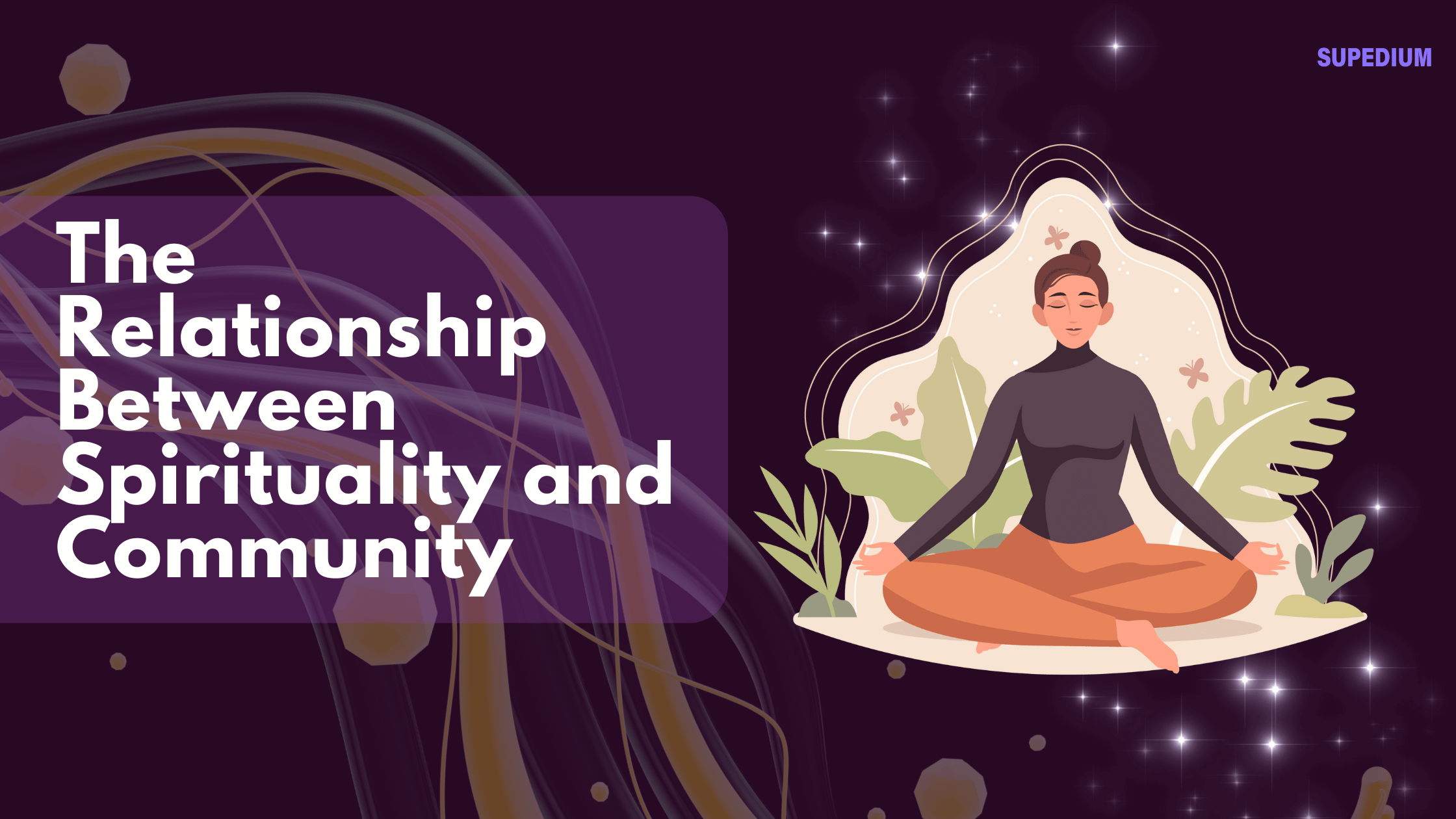Table of Contents
![]()
Introduction
Stress is a natural part of life, a psychological and physical response to various demands and challenges. While acute stress can be motivating and beneficial, chronic stress can significantly impact mental and physical health, leading to conditions such as anxiety, depression, cardiovascular issues, and a diminished quality of life. Effective stress management is essential for maintaining overall well-being and productivity.
Understanding Stress
Stress can arise from various sources. External stressors include work pressures, academic demands, and personal relationships, while internal stressors often involve negative self-talk and perfectionism. The body’s stress response, commonly known as the fight-or-flight response, involves hormonal changes that prepare the body to handle perceived threats. These stress responses can be beneficial in the short term but detrimental when prolonged.
General Stress Management Techniques
Physical Techniques
- Exercise: Regular physical activity is one of the most effective stress relievers. Exercise stimulates the production of endorphins, the body’s natural mood lifters, and helps improve overall mood and energy levels. Activities such as aerobic exercises, strength training, and yoga are particularly beneficial.
- Relaxation Techniques: Techniques like deep breathing exercises, progressive muscle relaxation, and mindfulness meditation can help calm the mind and body. These methods focus on reducing tension and promoting a state of relaxation, which can counteract the effects of stress.
- Sleep Hygiene: Quality sleep is crucial for stress management. Good sleep hygiene practices include maintaining a consistent sleep schedule, creating a restful sleep environment, and avoiding stimulants like caffeine before bedtime.
Cognitive Techniques
- Cognitive Behavioral Therapy (CBT) Principles: CBT helps individuals identify and challenge negative thought patterns, replacing them with healthier perspectives. This approach is effective in managing stress by addressing the cognitive distortions that contribute to stress.
- Problem-Solving Skills: Effective problem-solving involves identifying stressors, breaking them down into manageable tasks, and developing actionable solutions. This process helps individuals feel more in control and reduces the feeling of being overwhelmed.
- Time Management: Good time management involves prioritizing tasks, setting realistic goals, and using tools like planners and to-do lists. By organizing tasks and managing time efficiently, individuals can reduce stress and increase productivity.
Lifestyle Changes
- Healthy Eating: A balanced diet can positively impact stress levels. Consuming nutrient-rich foods, staying hydrated, and avoiding excessive caffeine and sugar can help stabilize mood and energy levels.
- Social Support: Maintaining strong social connections provides emotional support and reduces feelings of isolation. Engaging with friends, family, or support groups can offer comfort and practical advice during stressful times.
- Hobbies and Leisure Activities: Engaging in enjoyable activities and hobbies helps divert attention from stressors and promotes relaxation. Balancing work and leisure is crucial for maintaining overall well-being.
Stress Management for Specific Groups
Students
- Academic Stress: Effective study techniques, such as active learning and time management, can help manage academic stress. Additionally, strategies for managing exam anxiety include preparation, relaxation exercises, and maintaining a positive mindset.
- Campus Resources: Many educational institutions offer counseling services and support groups to help students manage stress. Utilizing these resources can provide valuable assistance and coping strategies.
- Balancing Academic and Personal Life: Managing academic responsibilities alongside personal life requires effective time management and building a supportive network. Prioritizing self-care and setting boundaries are also essential.
Professionals
- Workplace Stress: Managing workload, setting realistic deadlines, and navigating workplace dynamics are crucial for handling stress in professional settings. Developing stress management strategies can improve job satisfaction and productivity.
- Work-Life Balance: Establishing clear boundaries between work and personal life, taking regular breaks, and using vacation time effectively can help maintain a healthy work-life balance.
- Professional Development: Engaging in stress management training and seeking mentorship can provide additional tools and strategies for coping with professional stress.
General Public
- Stress in Daily Life: Coping with everyday stressors involves creating a balanced routine, practicing relaxation techniques, and developing healthy habits. Regular self-assessment of stress levels and strategies is beneficial.
- Financial Stress: Budgeting, financial planning, and seeking professional financial advice can help alleviate stress related to financial concerns. Developing a realistic financial plan can reduce anxiety and provide a sense of control.
- Parenting Stress: Balancing family responsibilities with self-care is crucial for managing parenting stress. Utilizing support networks and engaging in self-care practices can help parents manage stress effectively.
Advanced Techniques and Tools
- Technology-Assisted Techniques: Stress management apps and online therapy platforms offer convenient tools for managing stress. These resources can provide guidance and support, especially for those with busy schedules.
- Alternative Therapies: Techniques such as acupuncture, massage therapy, aromatherapy, and herbal supplements can complement traditional stress management strategies. Exploring these therapies may offer additional relief.
- Professional Help: When stress becomes overwhelming, seeking help from mental health professionals can be essential. Therapy, counseling, and other professional services can provide tailored support and intervention.
Conclusion
Managing stress effectively requires a multifaceted approach that includes physical, cognitive, and lifestyle strategies. By integrating these techniques into daily life, individuals can enhance their overall well-being and resilience. Regular evaluation of stress levels and continued practice of stress management strategies are key to maintaining a balanced and healthy life.
Share This





Be the first to comment